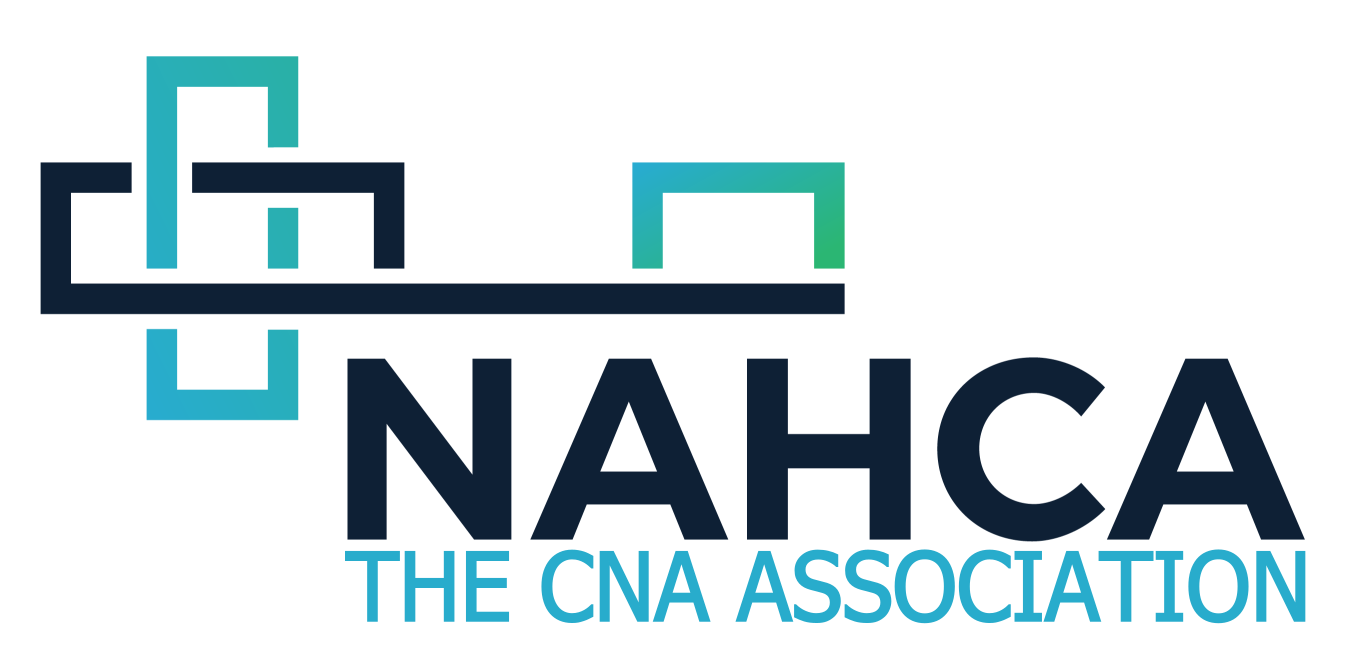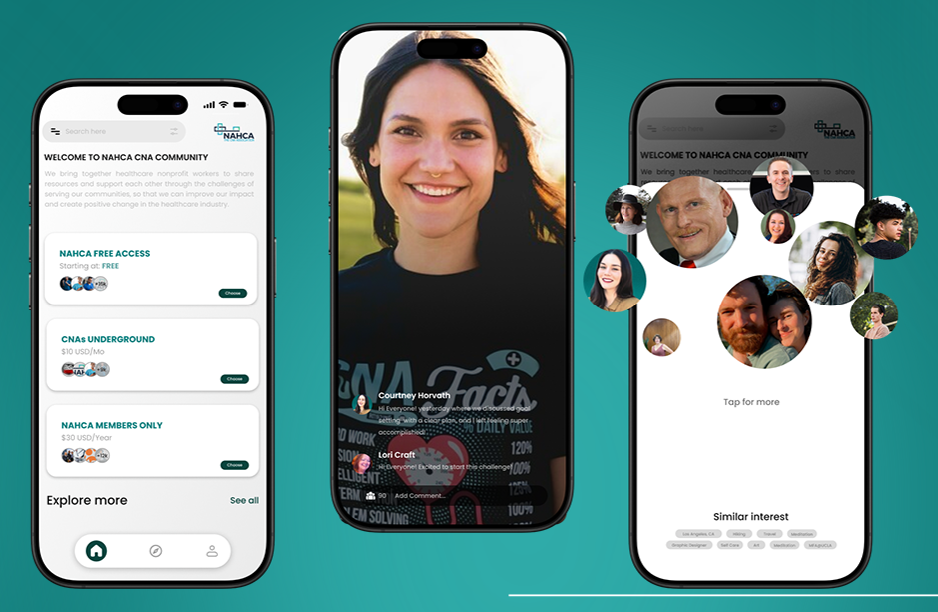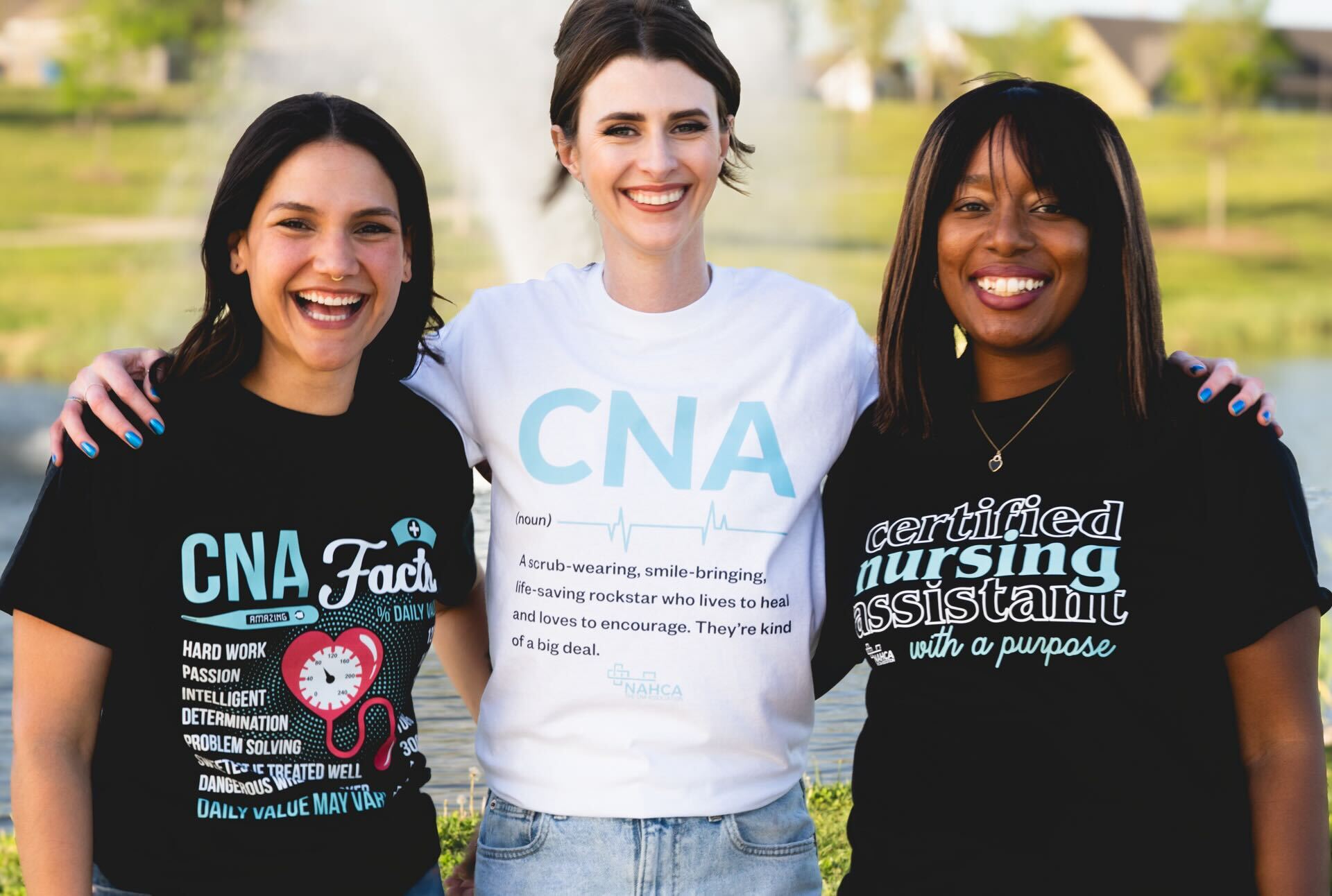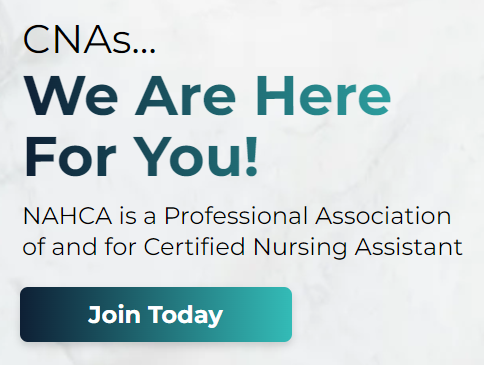The past year and a half has been challenging, to put it mildly. And the pandemic has exacerbated staffing shortages that were brewing before anyone had even heard of COVID. As we look ahead to the new year, that means new opportunities. I would like to suggest that there is one word that can help promote positive change, reduce stress, and improve your quality of life in 2022. That word is “no.” This may seem like a negative word but, used in the right way, it actually can be positive.
What Is the Opposite of No?
I know that “no” can be a hard word for you to say. After all, most of us were attracted to this profession because we want to make people happy, comfortable, healthy, and safe. We are eager to please, and we want to do a good job. But saying yes doesn’t always accomplish these goals. In fact, sometimes “yes” just does the opposite.
Here are 5 times that ‘no’ may be the most productive answer:
- When you’re being asked to take up the slack for staffing shortages. You can only properly care for so many people in the course of your shift even if you only do the basics – dressing, feeding, and some vital signs. When the workload exceeds your ability to safely and effectively care for residents, “no” may be the right answer.
- When someone asks if you have the tools, training, information, etc. to do something, and you don’t. There is no shame or weakness in admitting that you don’t have the knowledge or training to do something and do it well and with confidence. At the same time, you need to be able to say no if you are asked to do something that you feel is unsafe because you don’t have the appropriate tools, equipment, and/or support. Leaders need to create a culture where team members feel safe saying that they need more training, support, equipment (such as PPE), or other resources to do their jobs well and protect themselves from injury or illness.
- When what is being asked of you may or will have a negative impact on your health. You shouldn’t have to go to work if you are sick or physically/mentally exhausted; and no one should be expected to work endless double shifts and extra hours. Take time to talk to your supervisor about sick leave and other benefits, as well as the availability of mental health services. If you are having problems sleeping, not eating, feeling short-tempered, or signs of stress or burnout, get the help you need.
- When you’re being pulled in too many directions. Saying no doesn’t just apply to work. You need to be able to set limits and boundaries with your family and friends. This may mean that everyone in your family has to take one a little more responsibility (like helping with laundry or meals) and/or stick to a tighter schedule (like getting up 15 minutes earlier).
- When you’re only doing something to be polite or not hurt someone’s feelings. We’ve all been there. You don’t want to go to an event, but you don’t want to hurt the host’s feelings, so you say yes. Next time, before you agree to do something, ask yourself: Will saying yes make me even more tired or burnt out? Will I get anything positive from this activity? Will saying yes help or hurt my mental health? Am I likely to regret saying yes? If there are more cons than pros, consider being polite but honest. Often, you don’t even owe anyone an explanation. You can just say, “Thank you, but I won’t be able to attend.”
A Form of Self Care
The truth is that saying “no” can be uncomfortable, but it is an important part of self-care. It helps to open up our schedules, enabling us to rest and recharge; and it give us more time to engage in the aspects of our work and personal lives where we can have the greatest positive impact and find joy.
So I would like to suggest that you put “no” in your vocabulary in 2022, not to the exclusion of “yes.” Instead, create a healthy balance between the two words.




Its hard to say no. This will help and enjoy the reading.
What of its MANDATORY ! ? YOU WILL LOSE YOUR JOB?
THIS IS WHAT IM THREATED WITH DAILY
PLEASE HELP.
LOOOSING MIND SANITY